Turn the spirit of the resolution into consistent action throughout the system
Through studying Resolution No. 71-NQ/TW on breakthroughs in education and training development (Resolution 71), Prof. Dr. Nguyen Quy Thanh - Principal of the University of Education (Vietnam National University, Hanoi) - analyzed that since the Law on Higher Education 2018, the school council has been identified as the highest authority, expected to bring modern governance and reduce the concentration of power on the principal.
However, this mechanism is not in harmony with the leadership structure in public schools. There are situations where the Party Committee decides to do something, but the school board votes not to do it.
The consequence is that the decision-making cycle is prolonged: the board of directors – the Party Committee – the school council – and then back to the board of directors. A decision can take several months to process. This not only causes delays in operations but also “undermines the leadership role of the Party, especially in public schools.
According to Professor Dr. Nguyen Quy Thanh, the solution proposed this time in the Resolution is not to return to the old model, but to upgrade: the Secretary and Principal with specifically established authority, some functions that used to belong to the school council are transferred to the Party Committee, transforming the leadership role from "general policy" to closely directing each decision: "This time the functions of the Party Committee will be updated, with more specific and deeper direction".
He said that changes in the governance structure are just the first step, and to operate smoothly, there needs to be a compatible legal basis: “Three sets of laws – the Law on Education, the Law on Higher Education and the Law on Vocational Education – will all have to be adjusted.
Regulations on school councils, the role of Party committees, autonomy mechanisms and budget allocation must be clearly updated so that the resolution can be implemented synchronously. This is a necessary step of "legalization", turning the spirit of the resolution into consistent action throughout the system.
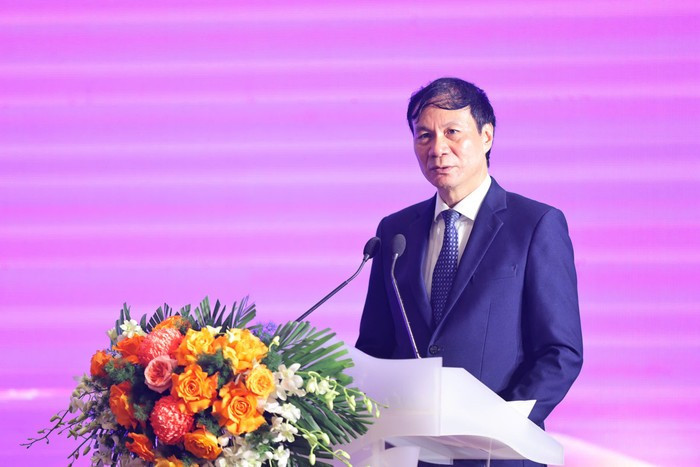
Resolution 71 opens up opportunities to legalize budget allocation methods
From that foundation, Professor Nguyen Quy Thanh believes that it is necessary to continue to discuss the issue of autonomy in depth, because the autonomy mechanism can only operate effectively when the governance framework has been clearly defined.
University autonomy has been a familiar keyword for a decade, but according to the President of the University of Education, the long-standing understanding is problematic from the very beginning. The nature of autonomy is not "cutting" the budget but changing the way the budget is allocated. Instead of annual estimates, the State needs to provide a stable financial package for 3-5 years. Within that framework, schools are free to decide how to spend on personnel, investment and academic activities, as long as there is a transparent accountability mechanism.
This approach of the previous period was to turn autonomy into "self-care", leading to a roadmap of gradually cutting the budget - each year reducing 10%, until 2026 cutting it all. This pushed schools into a spiral of increasing tuition fees, opening more high-quality programs to balance revenue and expenditure: The trend of increasing tuition fees too quickly and strongly is inevitable. But it is very bad in education. It creates inequality, burdens the parents, many families have to struggle to pay for their children to go to university.
Not only that, the mechanism of "ordering" training - which was expected to be the way out - also encountered many problems. Professor Thanh cited the example of Decree No. 116/2020/ND-CP of the Government "Regulations on policies to support tuition fees and living expenses for pedagogical students", many provinces and cities did not sign orders because they were worried about liability risks when the "product" only appeared after four years.
The result is low training targets, a local shortage of teachers, and high pedagogical benchmarks. "It takes four years to produce a product, and no one dares to sign a hundred-billion-dollar contract without having to wait four years for acceptance."
According to Professor Thanh, Resolution 71 opens up opportunities to legalize the way of budget allocation, turning autonomy into "guaranteed autonomy". The State still invests but according to a standardized, transparent ordering mechanism, reducing risks for localities. Schools have the right to decide within the allocated budget package, while at the same time encouraging diversified sources of income (international cooperation, research, services) instead of relying entirely on tuition fees. Tuition fees are adjusted with a roadmap, avoiding "price shock" and limiting inequality.
"If there is no stable budget, schools will be forced to pay tuition fees - the inevitable consequence is to increase tuition fees. There is no other way," Professor Thanh emphasized, saying that there will be two positive impacts: stopping the increase in tuition fees, reducing social pressure and ensuring equal learning opportunities; at the same time helping schools stabilize their development strategies, focusing on improving quality instead of having to chase enrollment scale to have more revenue.
Financial issues are the "bloodline" that determines the health of the entire system. Professor Thanh pointed out a worrying fact: the state budget for higher education is currently only about 10,000 billion VND, a sharp decrease compared to 17-18 trillion VND in previous years, while the number of students has reached nearly 2 million, at that time, each student was only invested on average 13-14 million VND/year, which is already a lower number than most countries in the region.
Resolution 71 clearly states: no further cuts but an increase in the budget. More importantly, the resolution introduces a new point that Professor Thanh considers a "thinking step forward": the establishment of a national scholarship fund. This fund will pool all scholarship resources and student support into an independent, transparent mechanism, completely separate from tuition fees.
"Scholarships must have their own fund, separate from tuition fees. Children pay money to study, not to use it to create scholarships for others" - this will end the long-standing situation where schools are forced to spend 8% of the majority's tuition fees on a small number of students receiving scholarships - a problem that Professor Nguyen Quy Thanh has pointed out many times.
Professor Nguyen Quy Thanh emphasized the restructuring of the university system: merging small units, reducing overlaps to concentrate resources. But he also warned that it is impossible to mechanically "reduce staff" in education: the team of PhDs and associate professors are assets trained for many years, if cut, the quality will immediately decline.
Source: https://giaoducthoidai.vn/nghi-quyet-71-quy-dinh-ro-hon-ve-hoi-dong-truong-va-tu-chu-dai-hoc-post747963.html



![[Photo] The 1st Congress of Phu Tho Provincial Party Committee, term 2025-2030](https://vphoto.vietnam.vn/thumb/1200x675/vietnam/resource/IMAGE/2025/9/30/1507da06216649bba8a1ce6251816820)
![[Photo] Solemn opening of the 12th Military Party Congress for the 2025-2030 term](https://vphoto.vietnam.vn/thumb/1200x675/vietnam/resource/IMAGE/2025/9/30/2cd383b3130d41a1a4b5ace0d5eb989d)
![[Photo] General Secretary To Lam receives US Ambassador to Vietnam Marc Knapper](https://vphoto.vietnam.vn/thumb/1200x675/vietnam/resource/IMAGE/2025/9/29/c8fd0761aa184da7814aee57d87c49b3)
![[Photo] General Secretary To Lam, Secretary of the Central Military Commission attends the 12th Party Congress of the Army](https://vphoto.vietnam.vn/thumb/1200x675/vietnam/resource/IMAGE/2025/9/30/9b63aaa37ddb472ead84e3870a8ae825)

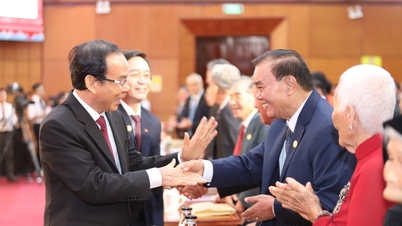

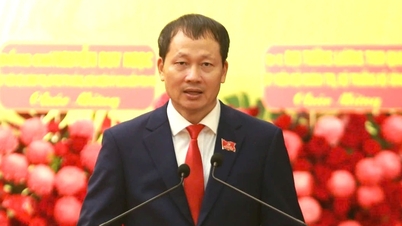

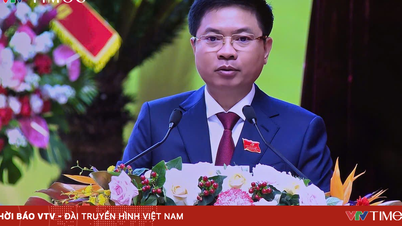









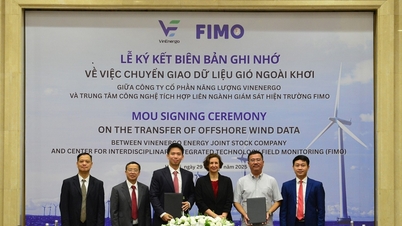



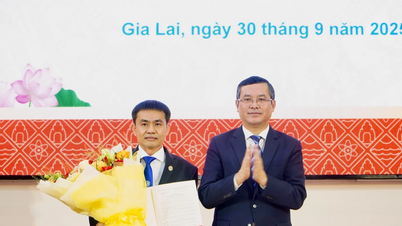





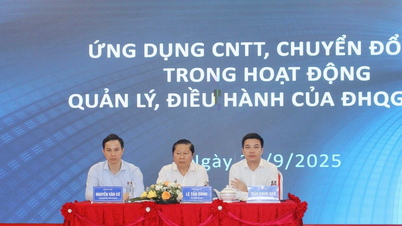




![[Photo] General Secretary To Lam attends the ceremony to celebrate the 80th anniversary of the post and telecommunications sector and the 66th anniversary of the science and technology sector.](https://vphoto.vietnam.vn/thumb/1200x675/vietnam/resource/IMAGE/2025/9/29/8e86b39b8fe44121a2b14a031f4cef46)



































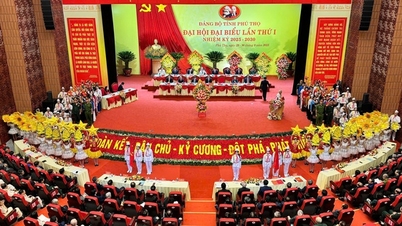








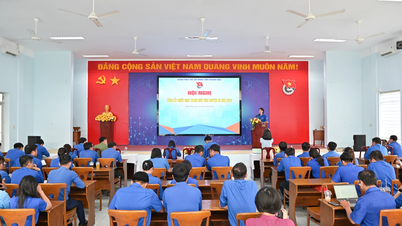
















Comment (0)